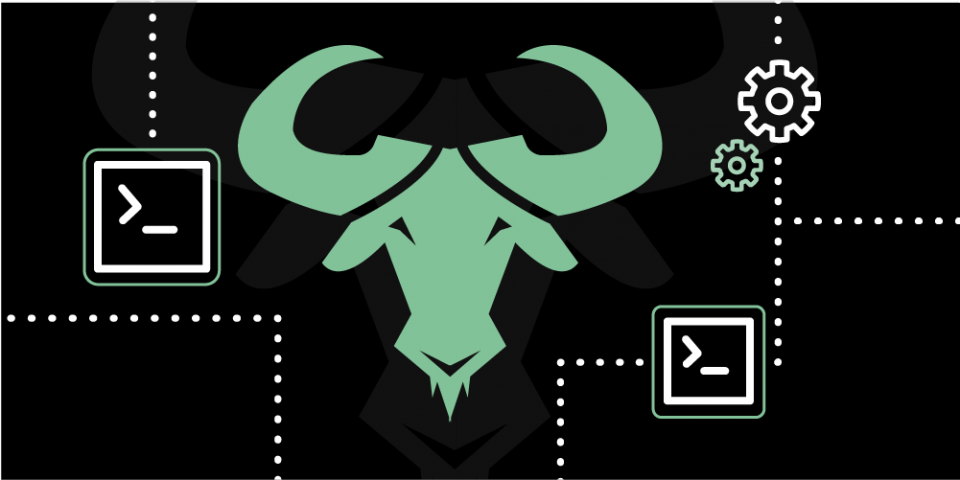vcpkg May 2022 Release: artifacts using JSON, COS and SPDX support, and more--Augustin Popa
Are you using it?
vcpkg May 2022 Release: artifacts using JSON, COS and SPDX support, and more
by Augustin Popa
From the article:
The May 2022 release of the vcpkg package manager is available. This blog post summarizes changes from March 31st, 2022 to May 10th, 2022 for the Microsoft/vcpkg and Microsoft/vcpkg-tool GitHub repos...


 Time to update.
Time to update.